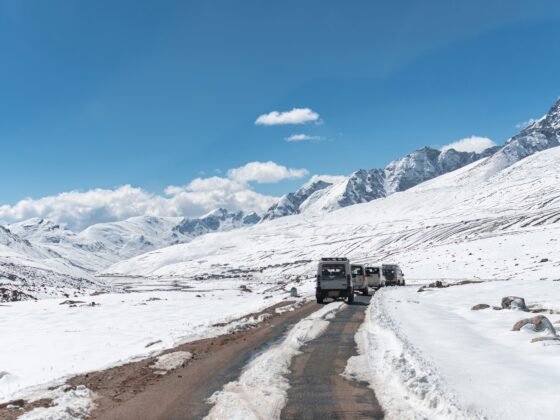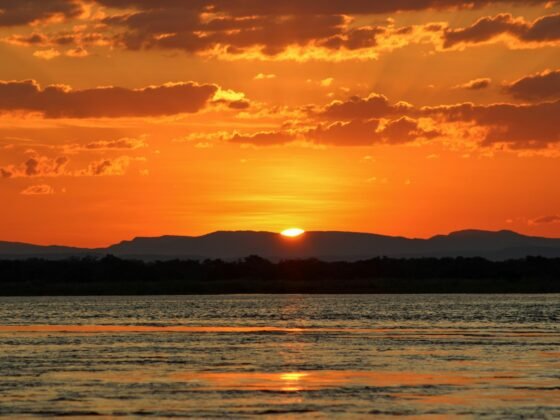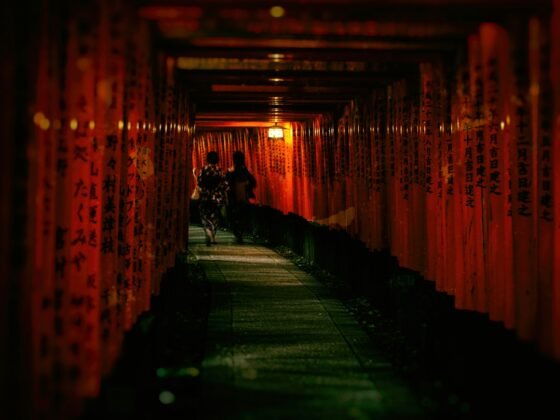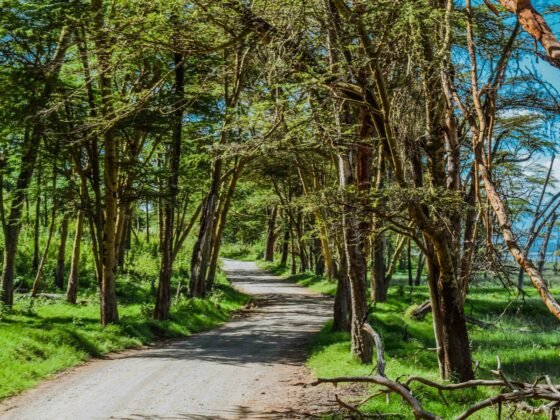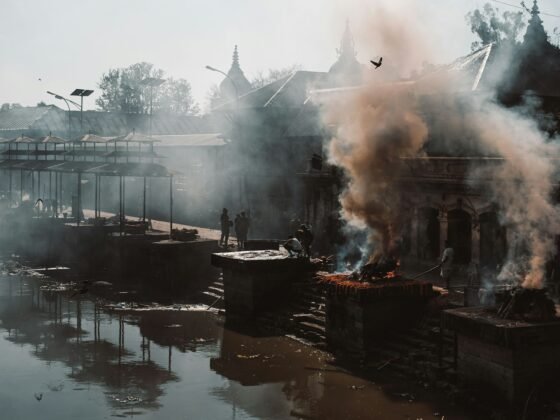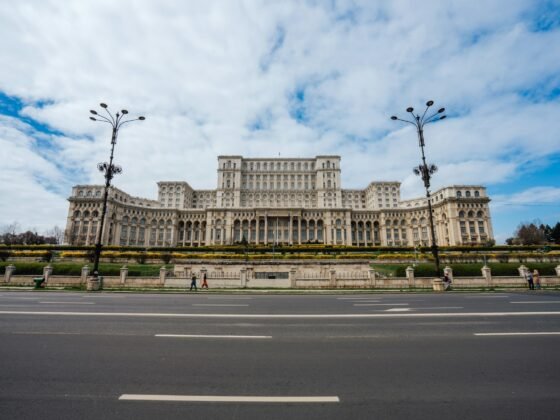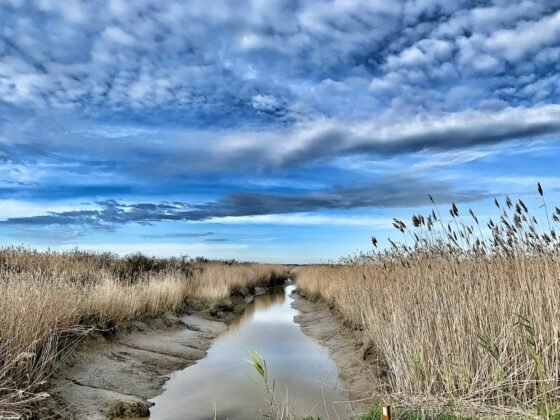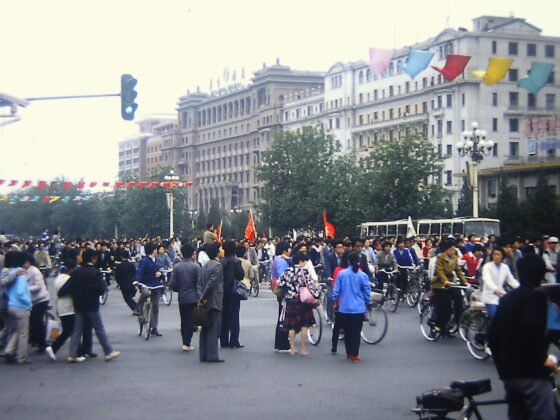by Muhammad Kabira.
PureTravel Writing Competition 2023.
The sun was setting in shades of fiery orange, casting a warm glow over the vast, arid landscape of northern Nigeria. My wife, Amina, and I were on a journey that would take us to Katsina, her hometown, to visit her family. Our excitement was tinged with apprehension, for the region had become notorious for its high incidence of kidnapping, banditry, and highway robbery.
Our little baby boy, Adam, nestled in Amina’s arms, his innocent eyes taking in the world outside the car window as we drove along the desolate highway. The air was thick with tension, and our nerves were on edge. Every passing vehicle seemed like a potential threat, and the highway felt like a place where danger lurked in the shadows.
As the sun dipped below the horizon, our car, a trusty but aging sedan, decided it had had enough. With a sputter and a cough, it came to a shuddering halt. Panic coursed through me as I tried to restart the engine, but to no avail. The engine refused to cooperate, leaving us stranded in the fading light of day.
We were in the middle of nowhere, surrounded by thick bush and with no village settlement in sight. Fear washed over us as we contemplated our predicament. Amina, my wife, cradled our baby, her eyes filled with worry. We had no hope of reaching out for help, there were no mobile phones in those days to reach out to people. Every passing motorist sped by, unwilling to stop out of fear of becoming victims themselves. The highway had become a lawless no-man’s-land, and we were at the mercy of fate.
Desperation clawed at my chest as I contemplated the grim possibilities of our situation. The night was closing in, and the darkness brought with it an eerie sense of vulnerability. I knew we had to find shelter and safety, but how? The options were bleak, and the thought of spending the night in our immobilized car with my wife and baby was a terrifying one.
Just when it seemed like all hope was lost, a flicker of light appeared in the distance. Headlights approached, and my heart pounded as I prayed that this stranger would be different, that they would be willing to help us in our time of need. As the vehicle drew closer, it became apparent that it was a beat-up pickup truck. The driver slowed down, and to our amazement, he pulled over.
Amina and I exchanged nervous glances as the stranger approached our car. He was a middle-aged man, weathered by the harsh northern Nigerian climate, with a warm smile that seemed out of place in this perilous setting. He asked if we needed assistance, and I quickly explained our situation, my words spilling out in a rush of anxiety.
Without hesitation, the stranger introduced himself as Musa. He told us that he lived in a nearby village and was on his way back from work when he spotted our distressed vehicle. Musa’s kindness was a lifeline in our hour of need. He offered to help us tow our car to the nearest village, where it would be safer for us to spend the night. His generosity was like a balm to our frayed nerves.
As Musa worked with me to secure our car to his pickup truck, he shared stories of the challenges people faced in this troubled region. He spoke of the constant fear that gripped the hearts of those who called this place home and the resilience they had developed in the face of adversity. I couldn’t help but admire his courage and compassion in a world where trust had become a rare commodity.
We reached the village just as darkness descended upon us like a heavy curtain. Musa, true to his word, paid for a modest motel room where we could rest for the night. Amina and I settled into our room, exhausted but grateful for the refuge from the unknown dangers of the highway. Musa even insisted on covering the cost of our dinner, a simple yet hearty meal that tasted like a feast in our current circumstances.
As we sat at the small, dimly lit restaurant in the motel, Musa joined us for dinner. He regaled us with stories of his own travels and the challenges he faced working in the fields. He was a man of few words but a heart full of kindness. It was as if fate had brought us together, two families from different worlds, bound by the circumstances of this fateful night.
After dinner, Musa surprised us once more by offering some extra cash to help us fix our car the following morning. He explained that he knew a trustworthy mechanic in the village who could take care of it. We were overwhelmed by his generosity and couldn’t find the words to express our gratitude adequately.
That night, as we lay in the motel room, our baby Adam sleeping peacefully between us, I couldn’t help but reflect on the extraordinary kindness we had encountered. In a region plagued by darkness and uncertainty, Musa had been a beacon of hope and compassion. He had risked his own safety to help strangers in need, reminding us that even in the most challenging of circumstances, humanity’s goodness could shine through.
The next morning, Musa accompanied us to the village mechanic, ensuring that our car would be in good hands. As we said our heartfelt goodbyes, I knew that we had not only found help on that desolate highway but also a friend in a place where friendship was a rare treasure.
Our journey to Katsina continued, but it was no longer marred by fear and uncertainty. Musa’s act of kindness had left an indelible mark on our hearts, a reminder that even in the darkest of times, there are people who shine brightly with compassion and selflessness. We had witnessed the best of humanity on that fateful night, and it was a breathtaking moment that would stay with us forever.
In the end, our trip to Katsina was not defined by the dangers of the road but by the kindness of a stranger who had restored our faith in the goodness of people. Musa had shown us that in a world filled with darkness, there could still be moments of breathtaking light.
Photo by Vlad Hilitanu on Unsplash




